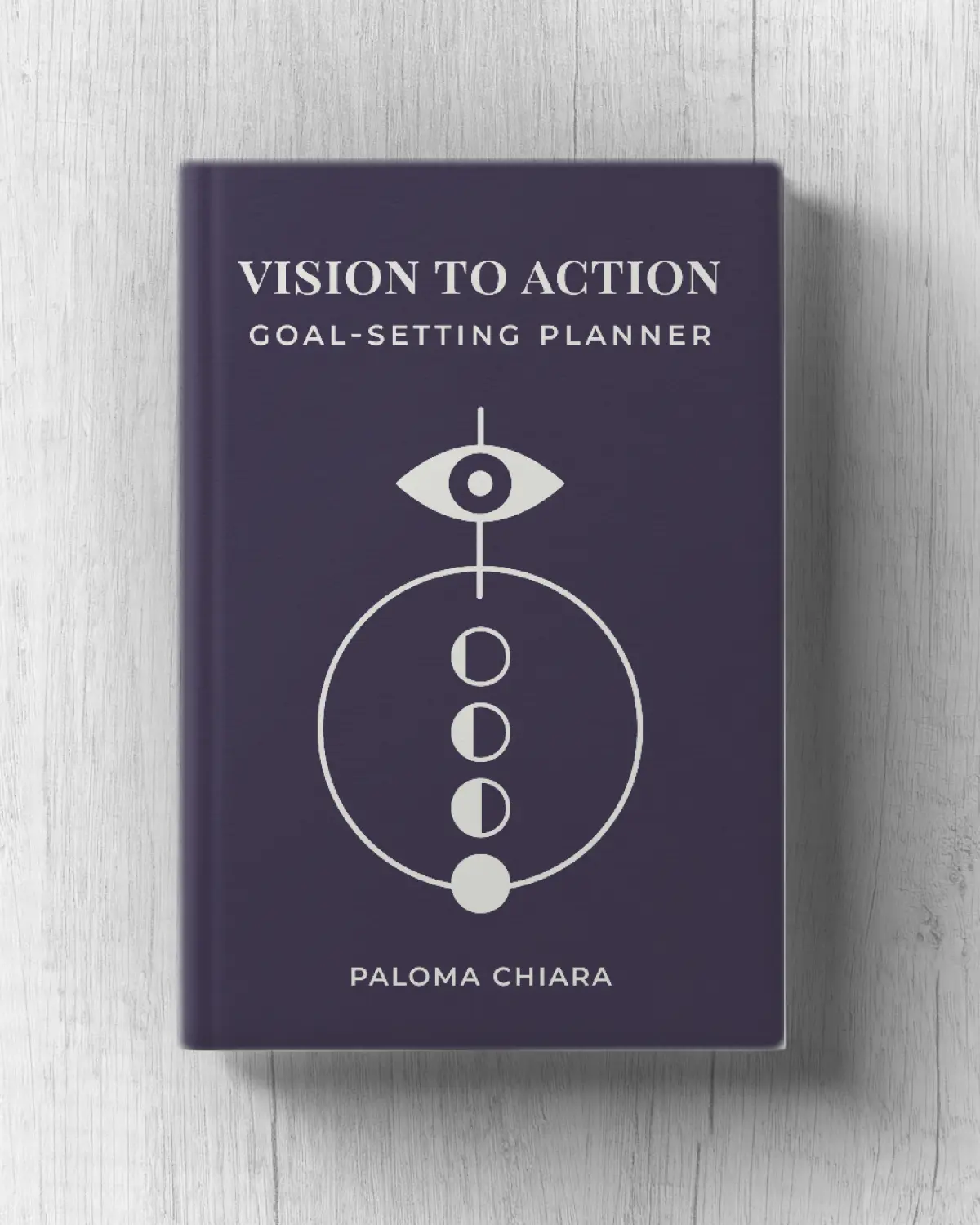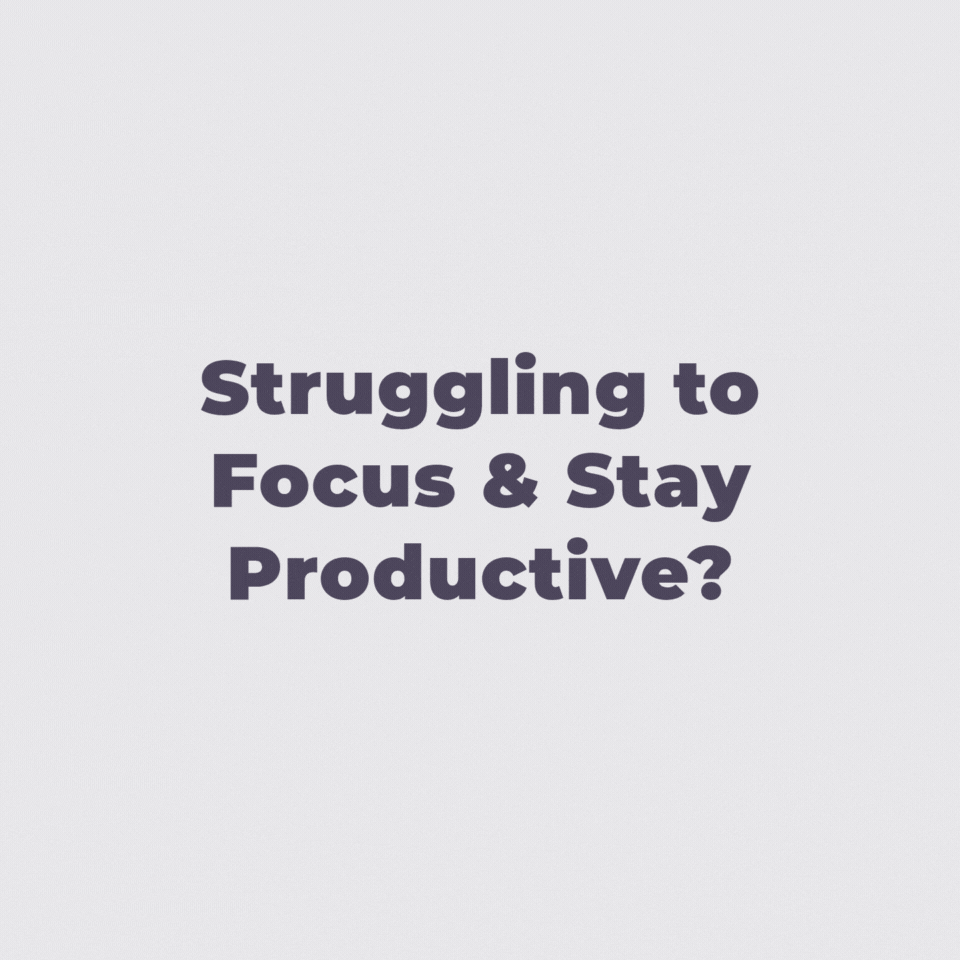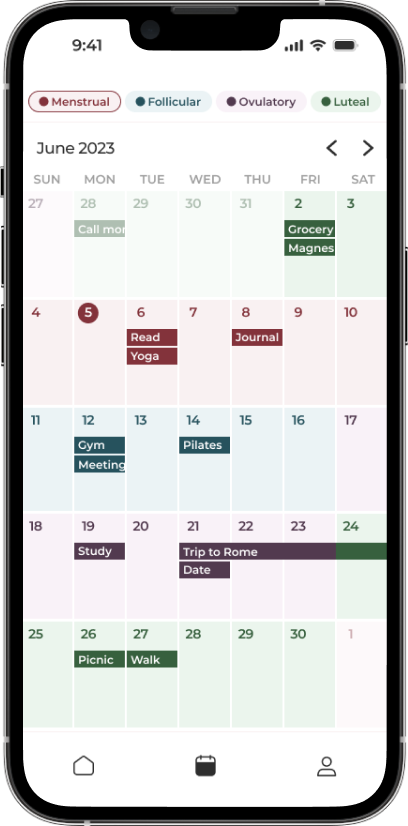How to Validate Yourself

Caring What Others Think
We’ve all heard it: “Just don’t care what people think.” A phrase that is repeated in self-help books, Instagram quotes, and in the advice given by well-meaning friends. And in theory, it sounds empowering. But in reality, we need each other for survival and we inherently yearn to belong, so it makes sense that we would in fact care about what others think about us. To care at least a little is crucial to establishing connections and empathizing with other humans. The part where it gets tricky is when we define our worth and personality by it.
Depending on your social standing, what people think of you can mean everything. It can decide whether you get hired, fired, befriended or unfriended. In some extreme cases, it can get you hurt or killed. With such high stakes, where’s the line between what others think and how that should –or shouldn’t– affect us?
Things to Remember
You’re Not Going To Please Everyone
Someone will always misread you. There is no way absolutely everyone can see or understand you, and to try is to deprive you of your own autonomy. Trying to please everyone will make you miss out on yourself and will deplete you. Sometimes, people might want more from you than you can give. If we are constantly trying to please others, then we are constantly abandoning ourselves. If someone’s going to be unhappy with you, it is easier to learn to cope with others’ disappointment than it is spending a life trying to avoid it.
People’s Opinions of You Are Incomplete
Even your own opinion of you is incomplete.
No one gets the whole picture. Not your boss. Not your ex. Not even your best friend. They see a version of you that’s only been around for a fraction of your life, but never your whole life. How we present to the outside world, no matter how authentic, is still a mask. You’re building the map of yourself as you go. There will be, if there haven’t been already, moments where you surprise even yourself. No matter how well you know yourself, we always remain at least a little mysterious to our own consciousness. So anyone’s opinion of you can never fully hold you, whether for better or for worse.
Only You Hold All of Past-You’s
While you may not know yourself as well as you think you do, you do have a collection of the You’s you’ve been before today. You are the only one who remembers what it felt like to be five years old or the first time you felt most afraid. The only one who knows what that teenage heartbreak really cost you. You’re the only one that’s been there for every movie you’ve watched and song you’ve heard. The only one who’s lived every moment of your joy, your shame, your silence, your hope. Other people may witness parts of you, but only you hold the full archive. Only you can validate the memory of who you’ve been.
What if You’re the Problem?
What if we do need a reality check? Sometimes feedback is the thing that wakes us up, helps us grow, helps us see the ways we’ve been showing up in contradiction to our own values, or let’s us know if we’re being hurtful. So always ignoring feedback or detaching from it entirely isn’t the right move either, nuance is important. The real work is in staying rooted in yourself while sharing a reality with the rest of the world. Let the feedback you receive be something you filter to give you data, and not something you absorb as a gospel truth.
Community Mirrors
While it may seem counterintuitive to talk about reflecting off others when talking about self-validation, it’s important to discuss interdependence. When we talk about validating yourself through community, it doesn’t mean validating yourself through their approval, it means validating yourself through resonance. Rather than be constantly chasing after praise or looking for people to approve of your every decision, you build relationships with others where you allow yourself to be seen and where you see others. A community mirror should feel validating by reflecting back the confirmation of who you are. And as a community mirror, you are also a space for others to validate themselves. Accountability and compassion can coexist in this space. In this way, self-validation becomes something we practice alongside and not through the other.
What Validating Yourself Looks Like
Identify the Inner Critic
The only reason why we care about specific peoples’ opinions is because of a power we’ve assigned to them, not because of a power they actually hold. Why we’ve assigned them that power is a combination of our possible traumas, context, culture, and personal belief system. So while it may seem like all we’re seeking is that external validation, what we’re actually looking for are cues that confirm either our worst fears or biggest hopes in regards to ourselves depending on the moment. In a way it’s like being afraid of a shadow only to turn around and see it was just a shadow puppet all along. Once we identify what the “shadow puppet” is, we cut out the middle man and release them of their power. Ask yourself, whose standards am I measuring myself by? Who taught me this was the way to be good, worthy, loveable? Once you identify who else’s standards you’re living, you get to decide if you really want that as part of your inner world —or not.
Rewriting the Script
Rewriting the script means refusing to keep reciting a story that keeps you small. The way we talk to ourselves matters. It becomes the lens through which we see the world and our place in it. If your self-talk is full of “I’m too much,” “I should’ve known better,” “Why can’t I be normal,” then your nervous system will follow suit. But when you shift that language to things like, “I’m allowed to take up space,” or “I didn’t know then what I know now,” you start building trust with yourself. Narrative therapy calls this externalizing the problem which is when you realize that the shame, the perfectionism, the self-erasure aren’t you, they’re stories you’ve been taught. And if they were learned, they can be unlearned. It’s saying: I get to choose how I speak to myself. And that choice shapes everything.
Try these rewrites to see how they feel:
- I give myself permission to disappoint the expectations that were never mine.
- I did what I had to do to survive. Now I get to choose differently.
- Their inability to see me clearly is more about them than about me.
- I don’t need to be understood to be whole.
- I don’t owe anyone my pain.

Check out the Vision to Action Planner for only 6$
More infoSomatic Self-Validation
Sometimes your brain is too loud, too tired, or too tangled to give you the words you need. That’s when the body steps in. Self-validation doesn’t always have to be verbal. In fact, somatic forms of connecting to your body are essential ways to validate yourself.
When you feel the pull to people-please, over-apologize, or shrink, try coming back to your body:
- Put your hand on your chest and say, “I’m here.”
- Breathe into your belly and feel your feet on the ground.
- Sit in a way that takes up just a little more space than usual.
- Let your shoulders drop. Let your jaw soften.
These are small ways to say: I belong in this moment. I don’t have to earn space. I already have it.
You Get to Choose
You are allowed to care what others think, you’re a human being trying to make it in a harsh world and we’re wired for connection. But that doesn’t mean everyone gets to define you. Not everyone’s gaze is worth internalizing. Not every opinion deserves a seat at your inner table. Self-validation is not about pretending the world can’t hurt you. It’s about reminding yourself, over and over again, that your worth was never up for debate. It’s choosing, every day, to be on your own side — even if you’re still learning how. You’re not here to be perfect; you get to just be real. And real people grow, mess up, connect, re-center, and keep going.
Quiz: What Is Blocking Your Success?
This quick quiz will help you figure out which mental or behavioral pattern might be holding you back from achieving your full potential. Identifying your specific success blocker is the first step toward breaking through to new levels of achievement and fulfillment.
Read each question and choose the answer that feels most true to your situation.
No email or payment is required to complete the quiz and receive your personalized insights.
Still waiting for the 'perfect time'?
Email me what you'd do if you stopped making excuses. We'll work backwards from there.
Let's startRecent posts
-
The Complete Guide to Becoming a High Achiever
Read blog -
How To Make a Positive Impact in Your Community
Read blog -
What Is the “Winter Arc” Challenge?
Read blog -
What Is "the Great Lock-In" and Should You Try It?
Read blog -
What Are the 75 Hard and Soft Challenges?
Read blog -
How to Validate Yourself
Read blog

The App Made To Sync Your Lifestyle to Your Menstrual Cycle.
A solution for women who are looking to keep track of what they sync to their cycles, such as fitness, diet, etc. by adding it to a calendar that also predict their phases.
Learn more





Comment